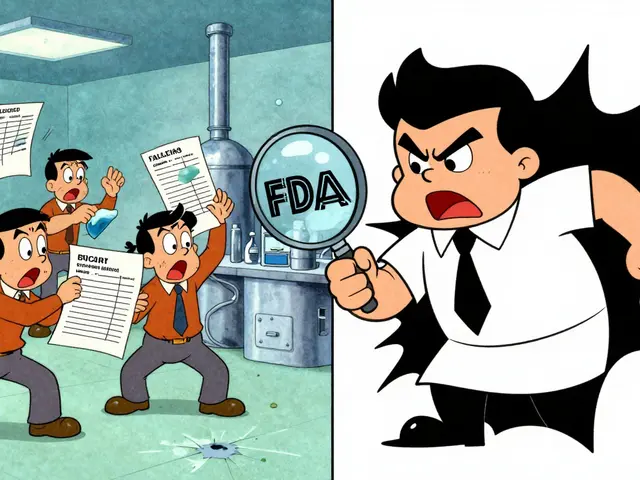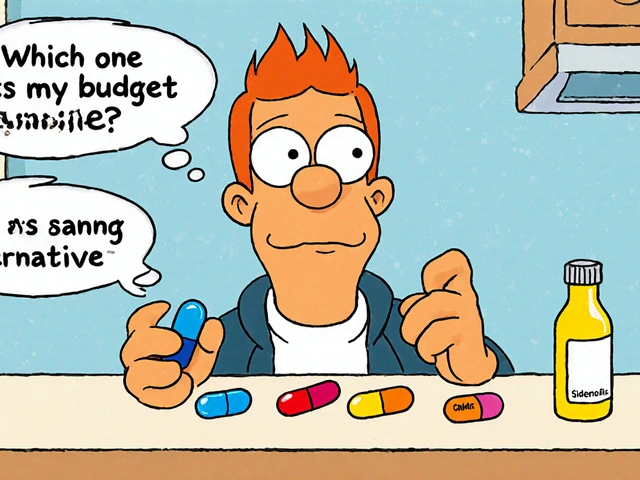Everything You Need to Know About Crohn's Disease
Crohn's disease is a type of inflammatory bowel disease (IBD) that can affect any part of the digestive tract, from mouth to anus. It causes inflammation, pain, and often unpredictable flare‑ups. If you’ve been told you have Crohn’s or you’re just curious, this guide breaks down the basics in plain language.
Common Signs and Symptoms
The most frequent complaints are abdominal cramps, diarrhea (sometimes with blood), weight loss, and fatigue. Many people also notice fever, reduced appetite, and a feeling of fullness after small meals. Symptoms can vary day by day, and they might show up suddenly during a flare or linger at a low level for weeks.
How Doctors Confirm the Diagnosis
Diagnosing Crohn’s usually starts with a detailed medical history and a physical exam. Blood tests check for anemia or inflammation, while stool samples rule out infections. Imaging tools like CT or MRI scans give a view of the gut, and a colonoscopy lets doctors see inside the colon and take tiny tissue samples (biopsies) for lab analysis. These steps together confirm whether Crohn’s is the culprit.
Once you have a diagnosis, your doctor will stage the disease – that means figuring out how much of the gut is involved and how severe the inflammation is. This staging guides the treatment plan and helps predict long‑term outcomes.
Medication Options
Medications fall into four main groups: anti‑inflammatories (like mesalamine), immune suppressors (such as azathioprine or methotrexate), biologics (including infliximab and adalimumab), and antibiotics for specific infections. Your doctor may start with milder drugs and step up to stronger ones if symptoms persist. It’s crucial to follow dosing instructions and report any side effects promptly.
Biologics have changed the game for many patients, reducing hospital visits and surgery rates. However, they require regular infusions or injections and monitoring for infections, so stay in touch with your healthcare team.
Diet and Lifestyle Tips
No single “Crohn’s diet” works for everyone, but several habits can ease symptoms. Eating smaller, more frequent meals, staying hydrated, and limiting high‑fiber or spicy foods during a flare can help. Some people find relief with low‑FODMAP foods, while others benefit from a higher‑protein, lower‑fat approach.
Stress isn’t a direct cause, but it can trigger flare‑ups. Simple stress‑management tools—like walking, meditation, or yoga—often make a noticeable difference. Also, quitting smoking is a must; smoking worsens Crohn’s and hampers medication effectiveness.
When to Seek Immediate Care
If you notice severe abdominal pain, persistent vomiting, high fever, or blood in stool that won’t stop, call your doctor or go to the ER right away. These signs could mean a complication like a bowel obstruction or an infection that needs urgent treatment.
Regular follow‑up appointments let you track disease activity, adjust meds, and catch problems early. Keep a symptom diary—note what you eat, how you feel, and any medication changes—to give your doctor the clearest picture.
Living with Crohn’s can feel overwhelming, but understanding the disease, sticking to a treatment plan, and making simple diet and lifestyle tweaks go a long way toward fewer flare‑ups and a better quality of life.







Categories